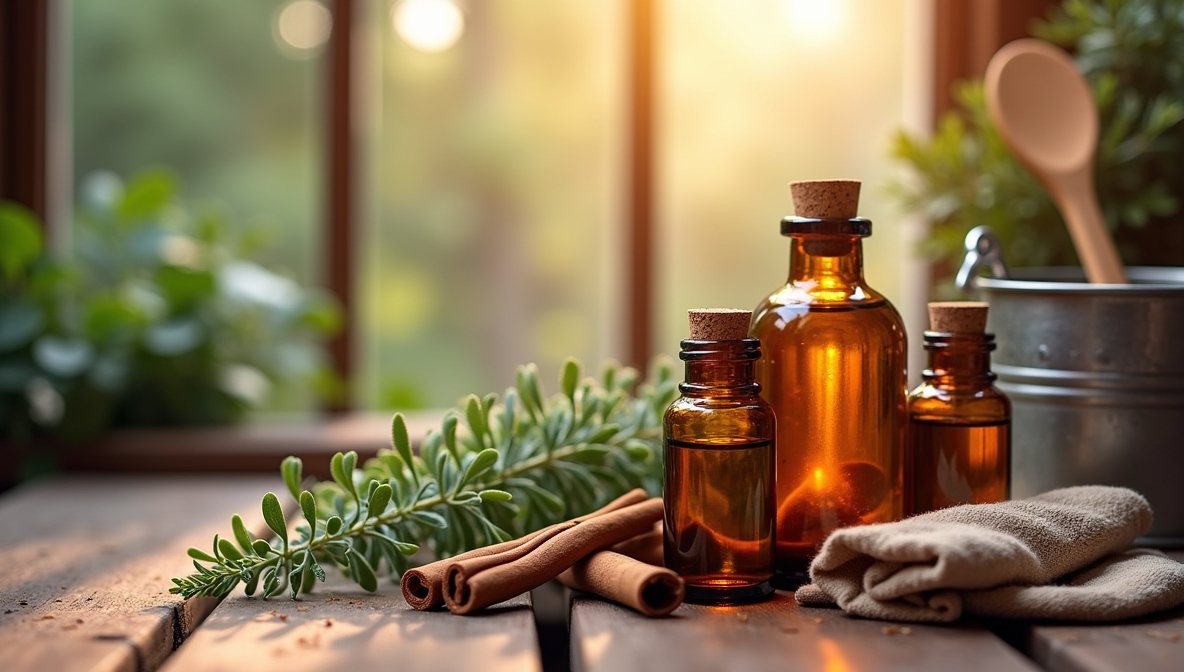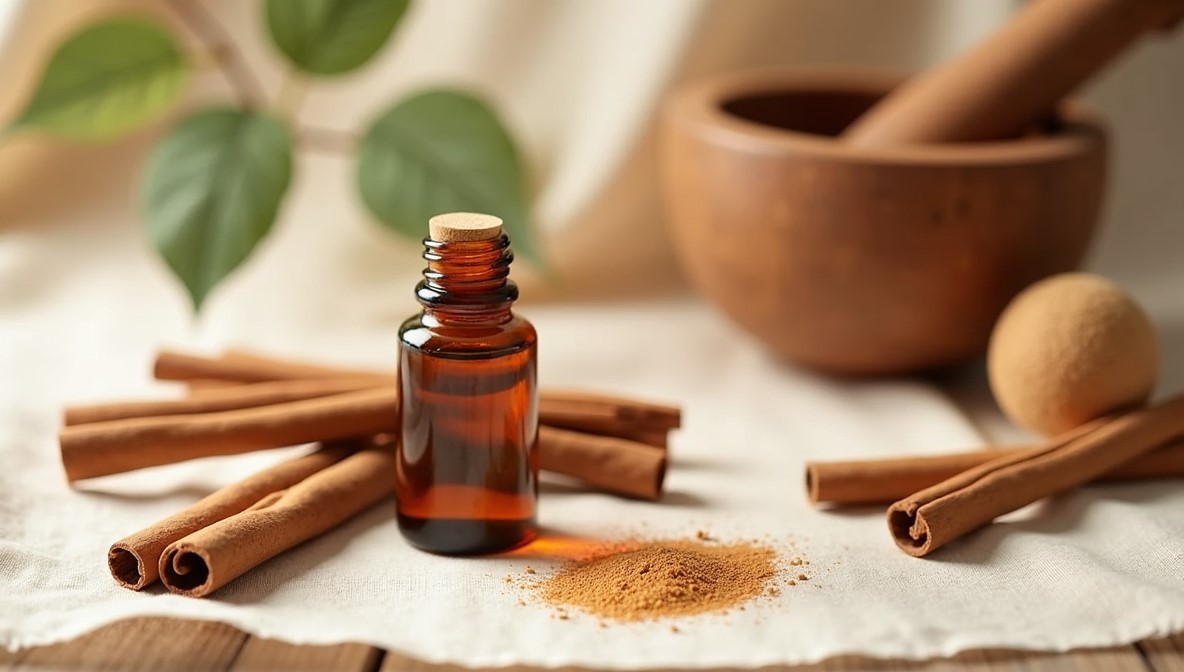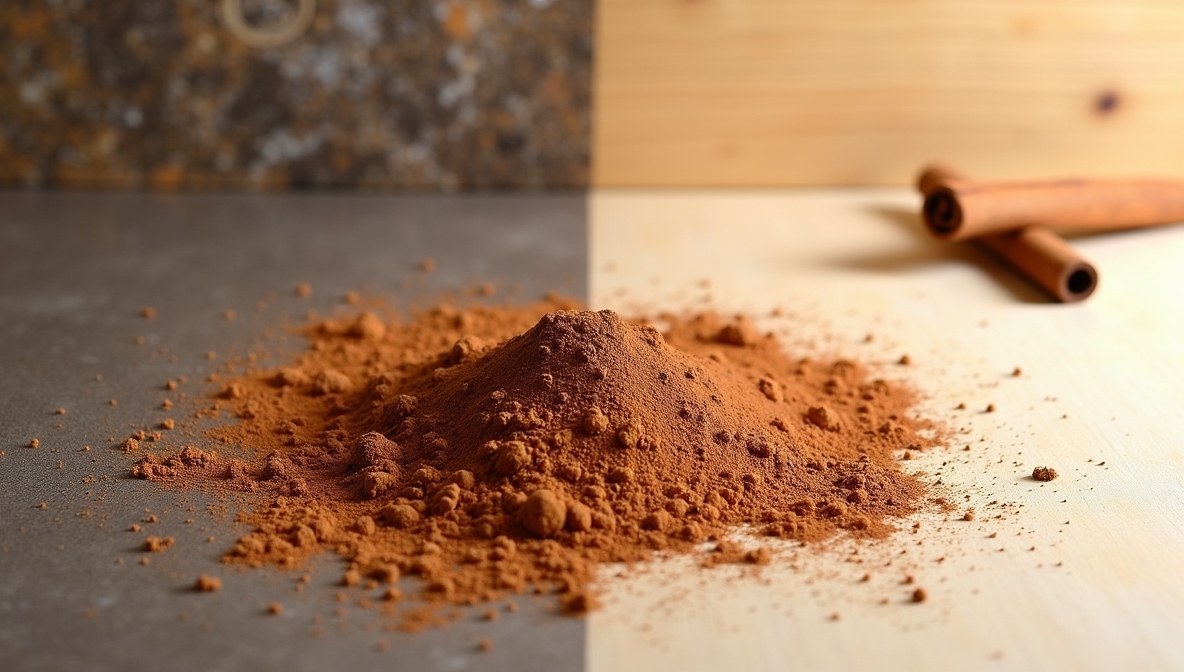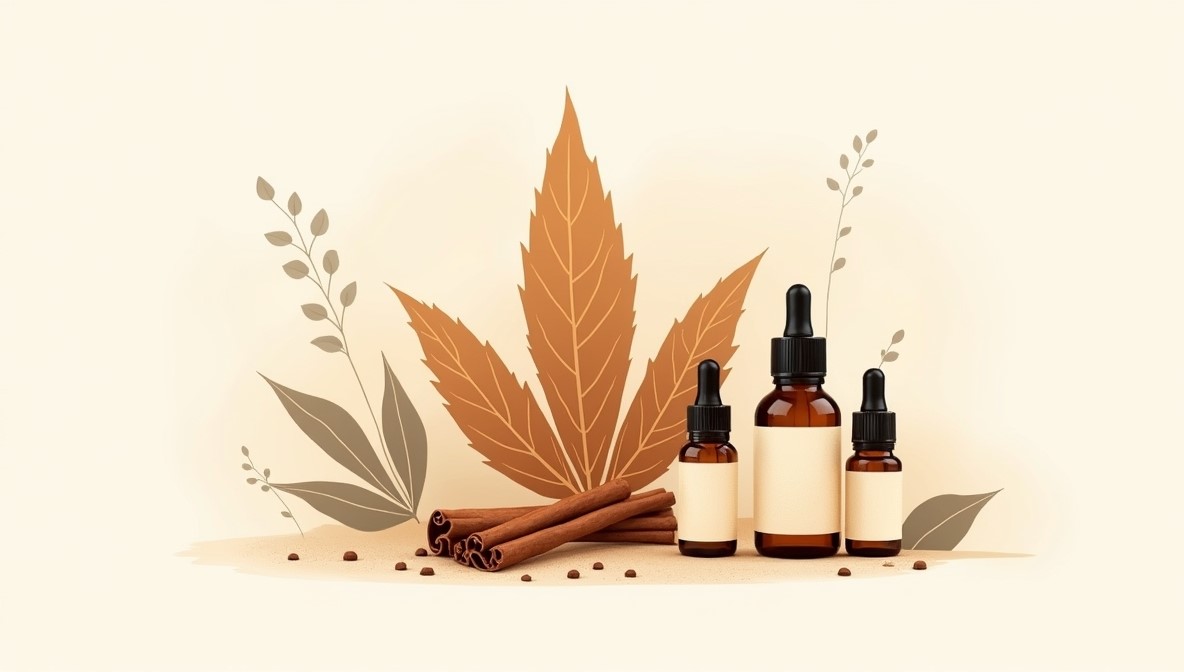Cinnamon oil has long been valued for its antibacterial and antifungal properties. Used for centuries in traditional medicine and household applications, it stands out as an effective natural disinfectant. Whether cleaning surfaces, purifying the air, or tackling mold, cinnamon oil offers a potent alternative to synthetic chemical cleaners.
Why Cinnamon Oil Works as a Disinfectant
Cinnamon oil contains cinnamaldehyde, the compound responsible for its antimicrobial strength. Research has shown that this component disrupts bacterial cell membranes, preventing the spread of harmful pathogens. Unlike chemical disinfectants, which can leave behind toxic residues, cinnamon oil provides a natural, biodegradable option without compromising effectiveness.
Key benefits include:
- Kills bacteria and viruses – Effective against E. coli, Staphylococcus, and other harmful microbes.
- Prevents mold and mildew – Its antifungal properties help keep damp areas free of growth.
- Non-toxic and eco-friendly – Safe for homes with children and pets when used properly.
- Pleasant scent – Leaves behind a warm, inviting aroma instead of chemical fumes.
How to Make a Cinnamon Oil Disinfectant Spray
Creating a homemade disinfectant with cinnamon oil is simple. It requires a few ingredients and can be customized based on cleaning needs.
Basic Cinnamon Oil Disinfectant Spray
Ingredients:
- 2 cups distilled water
- 1 cup white vinegar
- 20 drops cinnamon essential oil
- 10 drops tea tree or lemon essential oil (optional for added antibacterial power)
Instructions:
- Combine all ingredients in a spray bottle.
- Shake well before each use.
- Spray on surfaces and let sit for a few minutes before wiping with a clean cloth.
This mixture works well for countertops, bathroom tiles, doorknobs, and kitchen surfaces.
Using Cinnamon Oil for Specific Cleaning Needs
Different cleaning tasks require tailored approaches. Cinnamon oil adapts well to various household needs, making it a versatile option for natural disinfection.
Surface Cleaner for Kitchens and Bathrooms
For areas prone to bacteria buildup, a stronger solution can be used. Mix:
- 1 cup rubbing alcohol
- 1 cup distilled water
- 15 drops cinnamon oil
- 10 drops eucalyptus oil
Spray on high-touch surfaces like sinks, cutting boards, and appliance handles. Wipe with a clean cloth for a sanitized finish.
Floor Cleaner
Hardwood and tile floors benefit from an antibacterial wash without harsh chemicals. To make a floor-cleaning solution:
- Fill a bucket with 1 gallon of warm water.
- Add 1/4 cup castile soap.
- Mix in 15 drops of cinnamon oil.
- Mop as usual, allowing the solution to air dry.
This method keeps floors free of germs while leaving a fresh scent.
Mold and Mildew Remover
Cinnamon oil is highly effective against fungal growth. To treat mold-prone areas:
- Mix 1 cup white vinegar with 10 drops of cinnamon oil.
- Spray on affected areas and let sit for at least 10 minutes.
- Scrub gently and wipe clean.
For stubborn mold, increase cinnamon oil concentration or use a direct application with a cotton swab.
Air Purifier and Freshener
Eliminating airborne bacteria and odors can be done with a simple cinnamon oil mist. Combine:
- 1/2 cup distilled water
- 10 drops cinnamon essential oil
- 5 drops clove oil (optional)
Spritz lightly in rooms, or add to a diffuser for continuous air purification.
Cinnamon Oil vs. Chemical Disinfectants
Commercial disinfectants often contain harsh chemicals like ammonia and bleach, which can cause respiratory irritation and environmental harm. Cinnamon oil provides a safer alternative while delivering comparable germ-fighting power.
| Feature | Cinnamon Oil | Chemical Disinfectants |
|---|---|---|
| Antibacterial | ✅ Yes | ✅ Yes |
| Antifungal | ✅ Yes | ❌ Varies |
| Non-Toxic | ✅ Yes | ❌ No |
| Safe for Pets & Kids | ✅ Yes | ❌ No |
| Environmental Impact | 🌱 Eco-Friendly | ⚠️ Harsh Chemicals |
Safety Tips for Using Cinnamon Oil as a Disinfectant
While cinnamon oil is natural, it is highly concentrated and requires proper handling:
- Dilution is key – Always mix with water or carrier liquids to prevent skin irritation.
- Spot test before use – Some surfaces, like certain woods and fabrics, may react to essential oils.
- Avoid direct contact with eyes and mouth – Wash hands after use to prevent accidental exposure.
- Store properly – Keep in a cool, dark place to maintain potency.
Final Thoughts
Cinnamon oil serves as a powerful natural disinfectant, providing antibacterial, antifungal, and antiviral benefits without harmful chemicals. Whether cleaning surfaces, freshening air, or tackling mold, its effectiveness makes it a valuable addition to any home.




